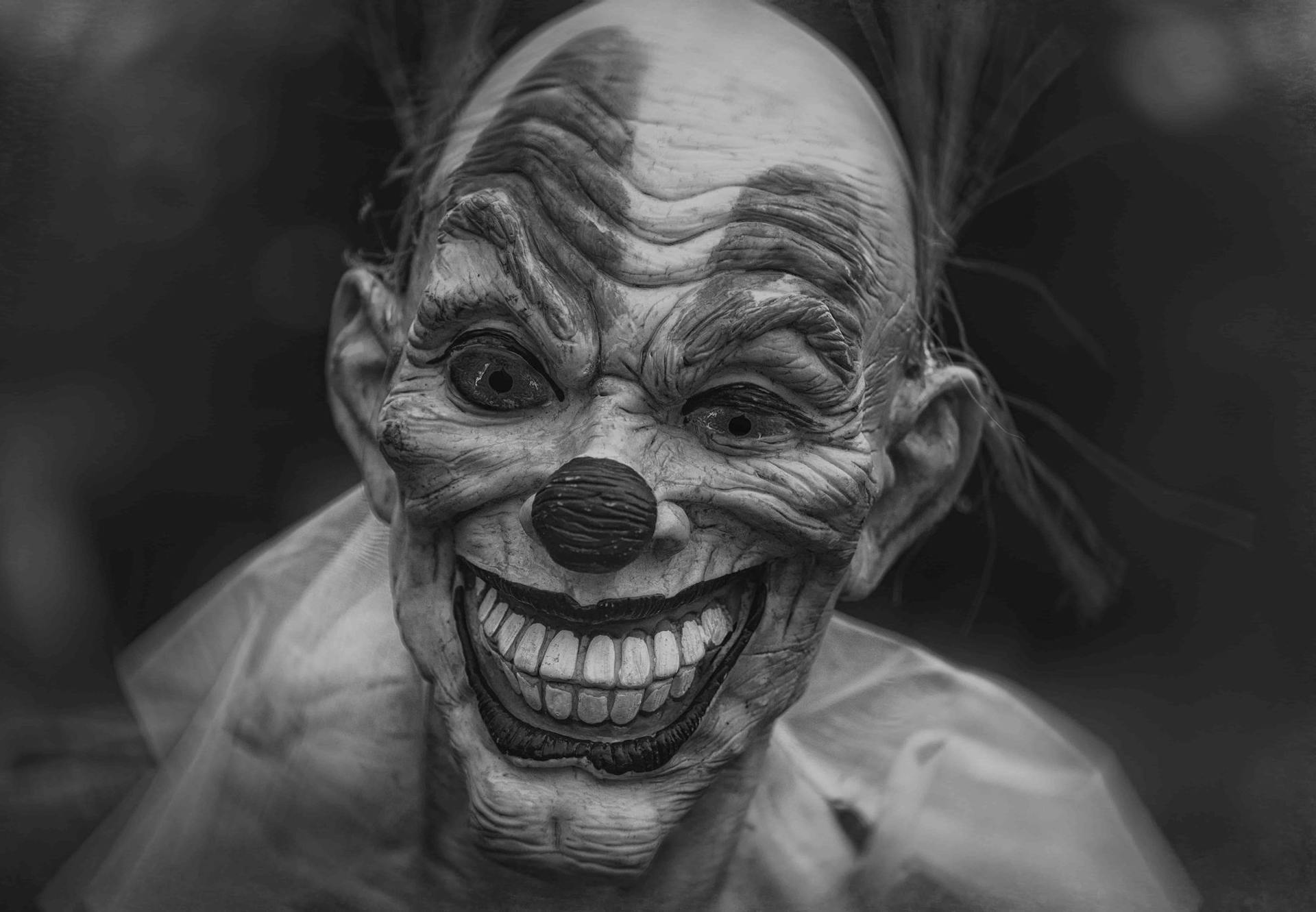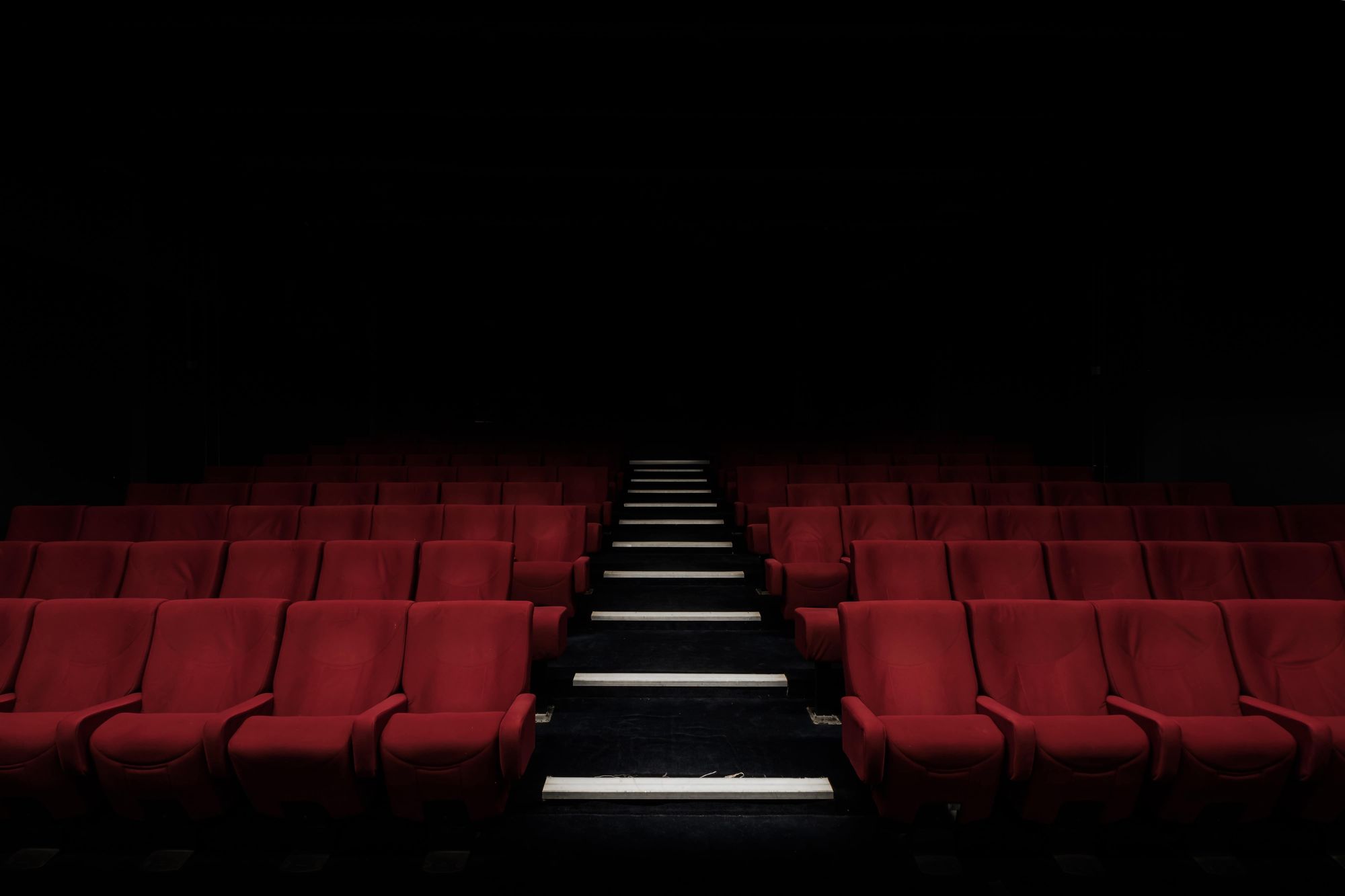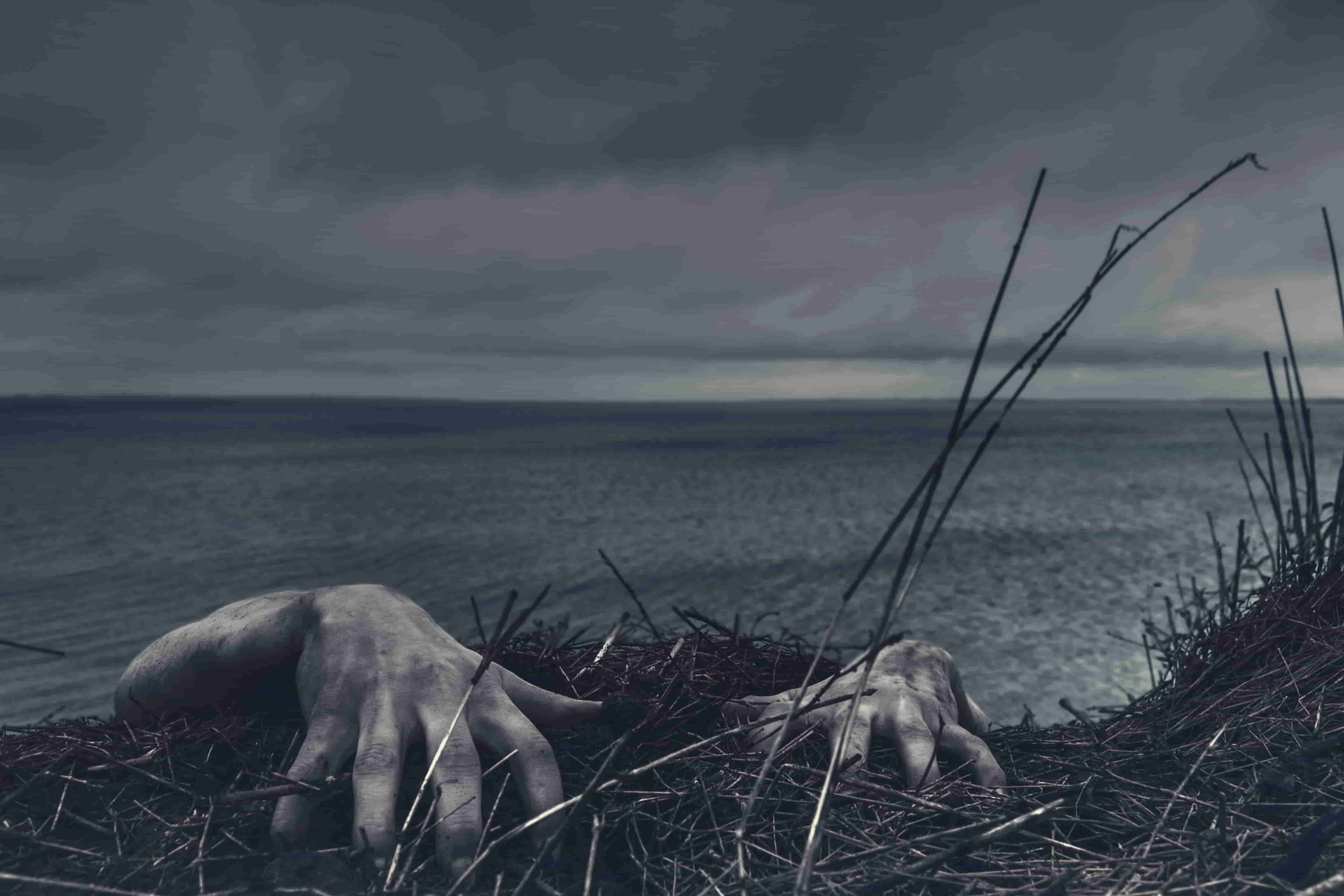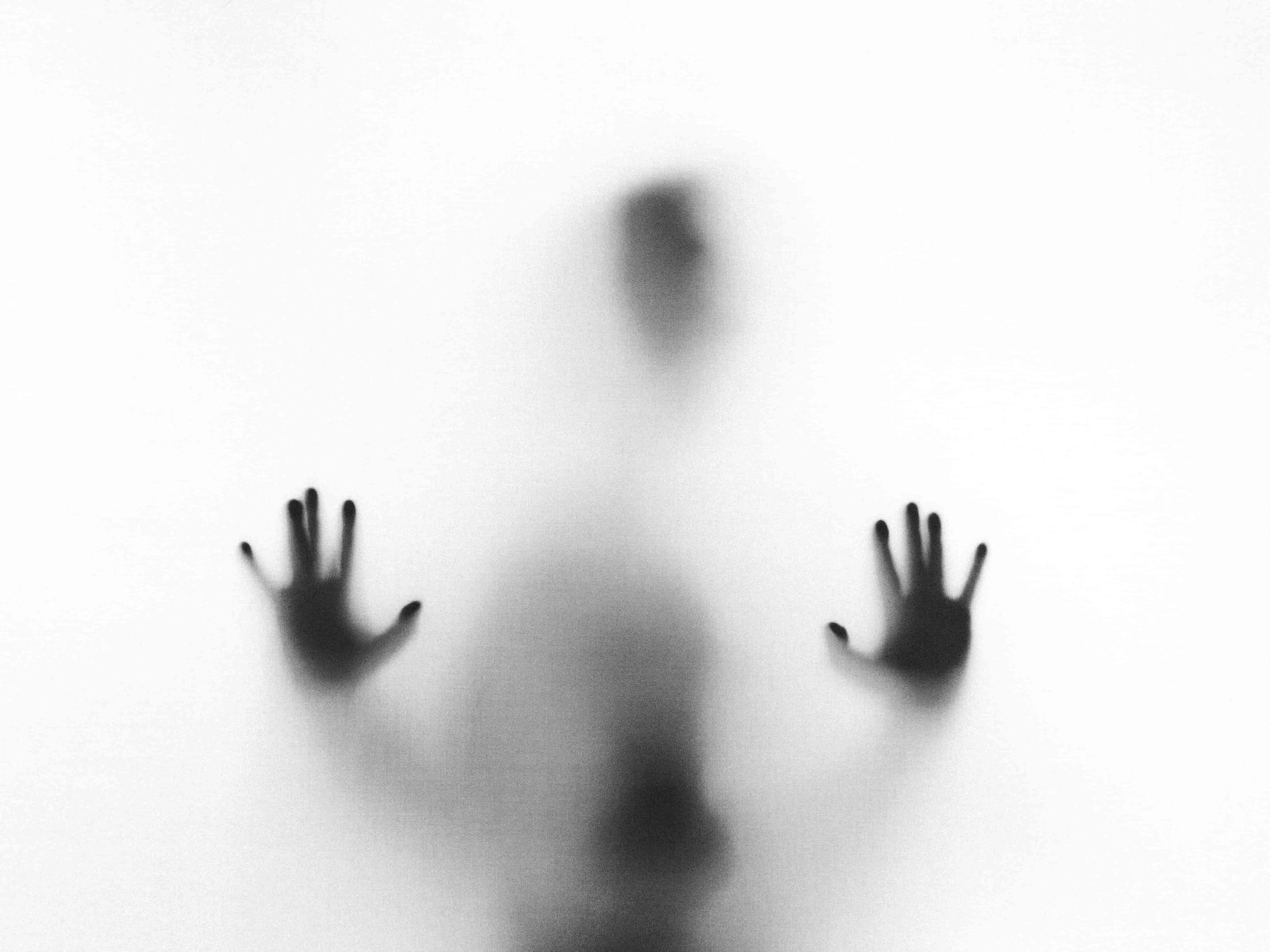Why Do We Love Horror? The Psychology Behind Scary Entertainment
updated on Dec 6, 2019

Pulse racing, heart pounding. You lay awake, your thoughts racing. Your stomach flutters uneasily. In any other circumstance, you’d be worried about your symptoms; yet these are all things we can look forward to after watching a particularly good horror film. We (almost) all love a good scare, but why is that? What blurs the lines between fear and entertainment?
For such a wimp, I’m a bit of a horror fanatic. It has always been a favourite genre of mine. Ever since discovering Koushun Takami’s Battle Royale manga adaptation back in 2003, with its graphic depictions of horror, frank show of human nature (and how quick we are to turn on one another to save ourselves and the ones we love), and relatable cast, horror has been one of my favourite genres to read, write, and watch.
Yet it wasn’t until recently, I really started to think: what is it that makes horror entertaining? If we saw even half of the things we do in any other context, we would find them concerning at best or horrific at worst. What is it about horror films, books, video games, experiences and television shows that entertains us?
The psychology behind why we love horror
Horror: an extremely strong feeling of fear and shock, or the frightening and shocking character of something - Cambridge Dictionary
Doesn’t sound very pleasant, when you put it like that, does it? You only need to look at the continued success of mega horror franchises like Saw, Final Destination and The Conjuring universe to know that horror films don’t have to be in good taste to be a commercial and audience-approved success. With subgenres of horror from gorno (gore-porn) to found footage growing in popularity, it’s clear our love of the horror genre is not only staying steady, but could be seen as growing.
In 2018 alone, A Quiet Place, Halloween and The Nun grossed a combined $464.8m, while popular streaming platforms such as Netflix have continued to expand their horror offerings with original films and series, such as the acclaimed Bird Box and comedy-horror The Santa Clarita Diet. But why do we enjoy being scared?

It's all in the formula
Three main factors are credited for making horror an alluring genre:
- Tension: providing a sense of suspense or mystery, terror, shock, or fear.
- Relevance: creating a cultural or personal connection, tapping into an inbuilt fear such as death.
- Unrealism: having a distinct element that separates the viewer from what they are watching and reality, allowing for distance from the events seen.
The mixture of relevance (creating a personal connection, a reason for us to feel invested in the survival of the protagonist or the events unfolding) and unrealism (the separation from what we are seeing) can be used to explain what allows us to watch graphic, gore-filled films like, while turning away from similar real-life imagery in documentaries or news reports.
Exploring age-old concepts
Film scholar Søren Birkvard from the Inland Norway University of Applied Sciences thinks that our enjoyment of all things horror and attraction to the darker side of horror cinema could come from our need to understand the concept of what is evil.
People go to horror films because they want to be frightened or they wouldn't do it twice
“Formerly religious explanations of evil are nowadays given a diagnosis. One subjects the evil actions to scientific or psychotherapeutic explanatory models. In society as a whole, little or no discussion revolves around evil anymore. However, in popular culture - and especially in the world of film - evil is presented as an independent phenomenon through the horror genre.”
When it comes to extreme acts and horrific events, we like to describe them as inhumane or evil. Whilst in our day to day lives, as religion has widely played less and less of a role in our understanding of how things work and our motivations, so too has the concept of evil diminished.
Through genres like horror, we can gain the reassurance that the acts we are watching aren’t rational or thought out - they often aren’t even human. They’re the cause of an otherworldly force, a safe ‘evil’ that we can explain away and separate from the harsh realities of the light of day.

Control in a safe environment
Another factor that could be the element of control we have as viewers, as suggested by Clark McCauley in When Screen Violence Is Not Attractive. Clark suggests that the fictional nature of horror films allows us as viewers a greater sense of control through placing psychological distance between us and the violence we watch. This understanding that what we are watching isn’t real helps create distance, allowing us to immerse ourselves in what we are watching.
Dr Jeffrey Goldstein, professor of social and organisational psychology at the University of Utrecht was quoted as saying:
“People go to horror films because they want to be frightened or they wouldn't do it twice. You choose your entertainment because you want it to affect you. That's certainly true of people who go to entertainment products like horror films that have big effects. They want those effects...
“[They want horror films to] provide a just resolution in the end. The bad guy gets it. Even though they choose to watch these things, the images are still disturbing for many people. But people have the ability to pay attention as much or as little as they care to in order to control what effect it has on them, emotionally and otherwise.”
People have the ability to pay attention as much or as little as they care to in order to control what effect it has on them, emotionally and otherwise
Psychologist Christopher Dwyer explains that it is the safety net that comes with watching a horror film, visiting a haunted house or playing a scary video game, that allows us to enjoy it as a form of entertainment. “When we get scared, our bodies will go into fight, flight, or freeze mode.
“[But] our brains are good at what they do - so, if we are in a setting where we get a ‘safe’ fright, our brains will quickly evaluate the situation and tell us that we’re free from risk… many of us are actually seeking ‘controlled’ fear and suspense, because we know we are safe.”
Catharsis
It’s possibly not just the experience of watching horror films themselves that we enjoy - it’s the aftermath that really has us feeling good. As we watch scary films, our heart rate, blood pressure and respiration all increase. As the film ends, our physiological reactions remain.
An excitation transfer process can occur - meaning anything positive we feel (such as a sense of having fun with friends or a good time with our date) intensifies, overshadowing any negative feelings we may have also experienced. This can leave us wanting to repeat the experience - we’ve faced our fears and have made it through - and we want to do it again.
Another theory commonly linked with why we love violent video games suggests that by watching violent or frightening films, we may be purging aggression or pent-up negative emotions.

Bonding, snuggle theory and physical reactions
Take a moment to think back to the last time you went out to watch a horror film, or visited a haunted house. Did you brave it alone? Or did you make it a group experience? Horror movies are somewhat of a right of passage when it comes to dating - and for good reason. Research suggests horror movies can make the perfect setting for a date.
Designed to elicit an arousal response, horror films can cause us to experience a mixture of physiological responses that we can confuse for something more positive - often leading us to confuse our physiological response of fear with that of attraction or arousal.
Between jump scares, atmospheric music scores, fast-paced imagery, and an often underlying fear of the unknown, horror films are designed to elicit responses from us. We may consciously know that what we are watching isn’t real, but our bodies can still experience the same physical reactions - releasing hits of endorphins and dopamine - as though what we are witnessing has really happened.
Through watching horror films together, we can also feel more connected with those we are watching with. Our shared experience of facing the fear-provoking events together can lead to us feeling physically and emotionally closer to one another, as suggested from Solf Zillmann’s ‘Snuggle Theory’.
Zillmann proposed that viewing horror films together could not only act as a right of passage but could allow us to fulfil ‘traditional gender roles’. His research revealed that men paired with female partners enjoyed horror clips twice as much when the woman showed distress during the course of the film, whilst women enjoyed the film more if their male companion remained calm or showed courage.
Next time you’re looking to spend some quality time with friends or a loved one, it could be worth checking to see what latest cheesy horror flick is on at your local cinema.
What is it about horror movies that you enjoy? We’d love to hear your thoughts. Share with us in the comments below.

